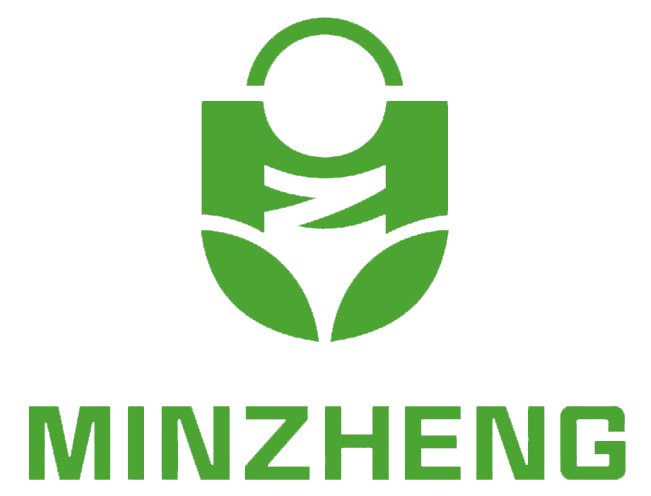Chile’s plastic ban and new types of shopping bags
Youdaoplaceholder0 innovation of water-soluble shopping bags
Chile’s plastic ban law leads the global environmental protection trend. A Chinese enterprise has launched water-soluble shopping bags mainly made of polyvinyl alcohol, providing a new idea for solving plastic pollution. Globally, the annual usage of plastic bags amounts to 5 trillion, resulting in 8 million tons of plastic waste flowing into the ocean, seriously threatening the survival of Marine life. However, this kind of shopping bag is similar in appearance and price to ordinary plastic bags, but its key component, polyvinyl alcohol, is a water-soluble biodegradable material that is safe and harmless, and all the materials that can be added are food-grade. Even more astonishingly, this shopping bag is also designed with different water solubility temperatures. Whether it is 25 degrees Celsius at room temperature or hot water as high as 75 degrees Celsius or above 90 degrees Celsius, it can dissolve easily. This innovative product will undoubtedly contribute to the “plastic ban” campaign in Chile and even globally.
On the streets of Santiago, the capital of Chile, Roberto Astet, the general manager of the Chilean company SoluBag, became the focus of the journalists. They all asked Astest to demonstrate the dissolution process of the new water-soluble shopping bags again. Astest patiently placed the polyvinyl alcohol eco-friendly bag into the glass pot, demonstrating its rapid dissolution property until it turned into a milky white liquid. Then, he raised his glass and drank heartily, smiling and saying to the reporters, “Wish everyone good health!” Cheers!” This move not only demonstrates the safety of the product, but also highlights the enterprise’s firm confidence in the environmental protection cause.
Youdaoplaceholder0 product market and patents
This new type of environmentally friendly water-soluble bag looks no different from ordinary plastic bags in appearance, but its key component, polyvinyl alcohol, is a water-soluble biodegradable material that is safe and harmless, and all added components are food-grade. It is worth mentioning that the research and development of this innovative water-soluble bag was actually carried out by a Chinese enterprise. Polyvinyl alcohol water-soluble bags are jointly produced by Chinese and Chilean enterprises, with independent intellectual property rights. They are planned to be mass-produced in Chile and sold globally, with the goal of replacing traditional plastic bags.
Astet told Xinhua News Agency in an interview, “It takes up to 400 years for traditional plastic bags to degrade.” The polyvinyl alcohol water-soluble bag can be degraded in just 5 minutes, truly achieving “seeing is believing”. He further expressed his gratitude, saying, “Thank you to the outstanding contributions of Chinese companies for providing us with such an efficient and environmentally friendly solution, which has contributed to Chile’s ‘plastic ban’ campaign.”
At present, polyvinyl alcohol water-soluble bags are still in the early stage of mass production. All the bags used by Astest for display are produced in Qingyuan City, Guangdong Province. Chinese and Chilean companies have jointly submitted two invention patent applications for this innovative shopping bag to the National Intellectual Property Administration of China. One of them has further submitted a PCT (Patent Cooperation Treaty) international patent application. Li Lingyu disclosed that after years of efforts in formula optimization and cost reduction, they are expected to bring the price of water-soluble bags close to that of ordinary plastic bags, thus achieving large-scale mass production.
Youdaoplaceholder0 ecological crisis on Easter island
Easter Island, located in the middle of the Pacific Ocean, is facing the threat of plastic waste from all around. It calls on the world to take action and reduce the threat posed by plastic waste through plastic bans and other environmental protection measures. In the vast Pacific Ocean, 3,500 kilometers west of the Chilean mainland, lies the renowned Easter Island. However, with the increasing amount of plastic waste in the ocean, this island, which is hailed as Chile’s national calling card, is also facing a serious ecological crisis.
Easter Island Governor Tarita Alarcon told Xinhua News Agency in an interview, “At present, the amount of plastic waste in the ocean has reached an astonishing level.” Easter Island is located in the middle of the Pacific Ocean. We haven’t discharged any plastic waste in all directions, but we still inevitably receive plastic waste from all directions. He further pointed out: “Whether it is plastic waste from Australia, Asia, North America or South America, it may all drift to us.” Even after tourists enjoy coffee in Hawaii, the plastic coffee cups they casually discard will drift away and eventually reach Easter Island.
I sincerely hope that the world can jointly implement a ban on plastic bags! This is the heartfelt prayer of Lynn Lapu, a native of Easter Island.


